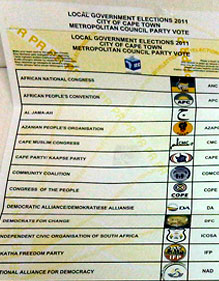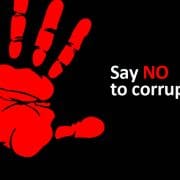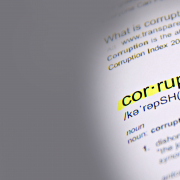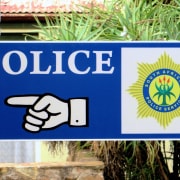|
Getting your Trinity Audio player ready...
|
 By Valencia Talane
By Valencia Talane
Protection for whistleblowers who report corruption within a municipality has been reinforced, thanks to new regulations that come into effect in July. The new Municipal Regulations on Financial Misconduct Procedures and Criminal Proceedings were gazetted into law on Friday 30 May.
Through the Protected Disclosures Act (PDA), public officials who report acts of corruption have been sheltered since 2000 from victimisation as a consequence of their act. Its implementation, however, has always been a challenge. A section of the new regulations emphasises the provision in the PDA against “occupational detriment”, and states that officials who report corruption in municipalities may not be harassed, suspended or dismissed for doing so.
A financial misconduct case may also be investigated by South African Police Service.
Furthermore, should an allegation of financial misconduct warrant an investigation, the process of reporting this has now been widened to include provincial and national offices to which the municipality or any of its entities must account. The provincial and national treasury offices should know of any investigation, as should the department of Co-operative Governance and Traditional Affairs (Cogta) at national and provincial levels. The municipality is also obliged to alert the auditor-general of any investigations it is conducting.
The reporting system for such cases has been formalised to avoid investigations falling through the cracks, as was the case in the past. Through the establishment of disciplinary boards that will investigate cases, municipalities will centralise the task of probing senior officials who are reported.
Making local government better
The regulations were gazetted just days after the former finance minister and new Cogta minister, Pravin Gordhan, made the move across departments. His appointment is seen largely as an effort to help better the state of local government and rid it of its stigma of large-scale corruption and wasteful expenditure. Only 5% of the country’s municipalities received clean audits last year, revealed the auditor-general in his annual report.
Corruption Watch’s executive director David Lewis, commenting in May on Gordhan’s redeployment, said: “Corruption Watch is delighted at Gordhan’s move to [Cogta], the ministry that exercises oversight of key areas of local and provincial government.
“These major sites of public spend are arguably the most corruption-riddled tiers of government and, partly in consequence, sites of increasing social unrest. On the basis of his record at SARS and in the finance ministry, there is no one better equipped to clean this up than Pravin Gordhan.”
Corruption Watch last year discussed former auditor-general Terence Nombembe’s 2011/12 audit report on local government, which revealed that none of the country’s metro municipalities got clean audits.
Nombembe noted the increase in interventions by national and provincial treasury at municipal level to help remedy the problem of weak financial management and lack of leadership. But the effects of these actions have not been felt yet, he said.







